This article was originally published in Psychology Today on Nate Kornell’s blog, Everybody is Stupid Except You
Taking a test—and specifically, the memory retrieval process that testing entails—enhances learning. This blog post is about a new study that sheds light on why retrieval is beneficial.
Background
When you take a test, one of three things happens. Your answer is right, your answer is wrong, or you don’t answer. Many studies have shown that tests are better than rereading when you mix all of these together. But recent studies have tried to separate them.
Intuitively it makes sense that tests would be good when you get the answer right—and it is. A bunch of recent studies have asked a less intuitively obvious question: what happens when you get it wrong or don’t answer on the test?
In a typical study, one condition is shown a question and answer like “what sport is the most common cause of eye injuries in the United States? — Baseball.” The other condition is shown the same question, without the answer. After trying to answer and getting it wrong or leaving it blank (the results are about the same either way) they are shown the correct answer.
These studies have consistently shown that being tested enhances learning even when you get the answer wrong, or leave it blank, on the test.
The new studies
Why does retrieval enhance learning? That’s the question I ask in a new paper with collaborators Katherine Rawson and Patricia Jacobs Klein. We start with the premise that retrieval attempts enhance learning even if they’re unsuccessful. Then we take it one step further. We ask: Does retrieval success matter at all? In other words, retrieval always involves a retrieval attempt. The question is, if you make an attempt, does it matter whether you arrive at the answer…
- …by thinking of it yourself
- …by being told the answer
This question is hard to answer. You can’t just compare these two types of items because prior knowledge is different—people obviously know the ones they can answer better than the ones they can’t. What’s required is random assignment: You need to start with two equivalent groups of items and randomly assign some to be retrieved and some not. But how do you randomly assign retrieval success? Here’s what our participants did (this is experiment 6 from our paper; experiment 3a and 3b were similar):
- Study word pairs
- Take a test for 6 seconds
- If you don’t think of the right answer on that test, either…
- …see the answer (no retrieval condition)
- …see the answer with missing letters and retrieve the answer (retrieval condition)
- Later, take a final test
If retrieval success matters, then participants should do better in the retrieval condition. But notice that because of the initial test (for 6 seconds), everyone makes a retrieval attempt. If retrieval attempts are the important thing, and it doesn’t matter how you arrive at the answer, then these conditions should produce equal performance on the final test.
What happened? There was no difference between the conditions. As long as participants made a retrieval attempt, it didn’t matter how they arrived at the answer.
(Note: other experiments in the paper confirm that the missing letters condition does enhance learning in standard paradigms where it isn’t preceded by a retrieval attempt, and that these results can’t be explained by better guessing based on semantic memory. We demonstrated these findings in 3 experiments and then replicated them in another three experiments.)
Implications
We started by asking: Why does retrieval enhance learning? These results suggest that retrieval attempts are the key. One way to look at it is: retrieval is beneficial because it gets you to try to retrieve, but it’s not beneficial because of retrieval itself.
These findings don’t have big practical implications. Don’t conclude that items you can retrieve benefit from tests as much as items you can’t, because those items aren’t equivalent—ours were equivalent because we intentionally made it so to investigate a theoretical question.
But the theoretical implication seems important. It is not the case that tests have direct benefits (retrieval success) and indirect benefits (unsuccessful retrieval attempts enhance subsequent learning). These mechanisms are one and the same. If you make a retrieval attempt, learning benefits, regardless of how you arrive at the answer.
Copyright Nate Kornell


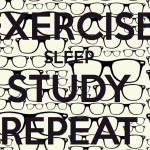
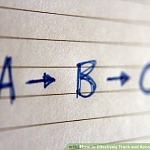






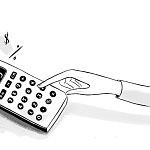






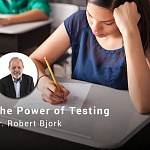



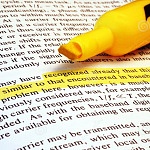








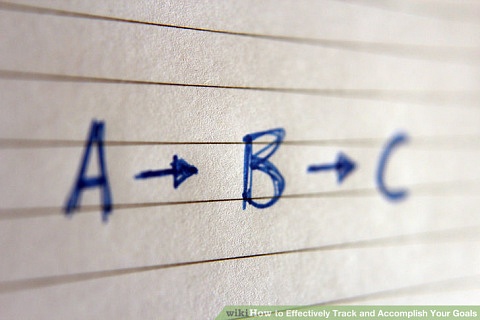
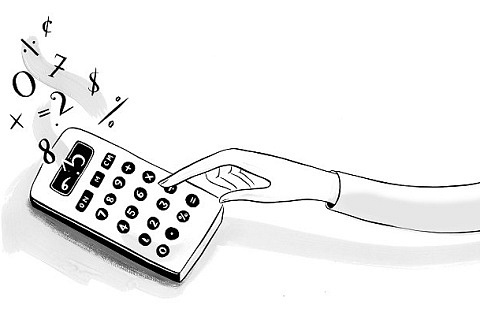

Leave a Reply
You must be logged in to post a comment.